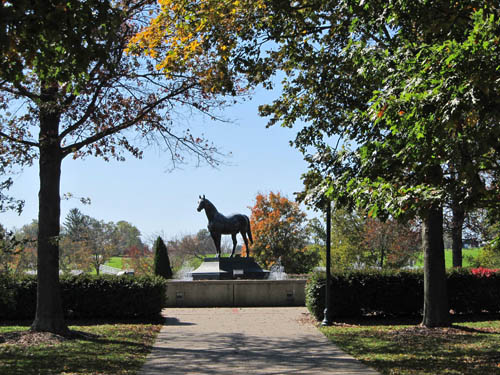On Freedom of Thought
Twenty years after my own graduation, I have come gradually to understand that the liberal arts cliche about teaching you to think is actually shorthand for a much deeper, more serious idea: learning how to think really means learning how to exercise some control over how and what you think. It means being conscious and aware enough to choose what you pay attention to and to choose how you construct meaning from experience. Because if you cannot exercise this kind of choice in adult life, you will be totally hosed. (David Foster Wallace, qtd. in Alan Jacobs’ The Pleasures of Reading in an Age of Distraction)
…all consists in one hearty renunciation of everything which we are sensible does not lead to God. (Brother Lawrence, 17th century monk, The Practice of the Presence of God)
I’ve had these two quotations in my mind this week. Both relate to the aim of education, to the question of how to deal with the hovering threat of “chronic partial attention syndrome” in our distracted age, and to spiritual wholeness. Food for thought.



2 Comments
Barbara H.
I’ve wrestled with making those choices, not just between good and bad things, but choosing what good things to read and think about. I’ve felt a little guilty for not being more into a couple of friends’ devotional blogs, but then realize I could spend all day reading devotional things and never get around to actually living. It’s a hard choice sometimes with the barrage of even good things to read.
DebD
Wow, put together those two quotes are quite powerful. I’m particularly encouraged by it since I am still in the season of Lent and really should be more conscience about what I fill my time & thoughts with.